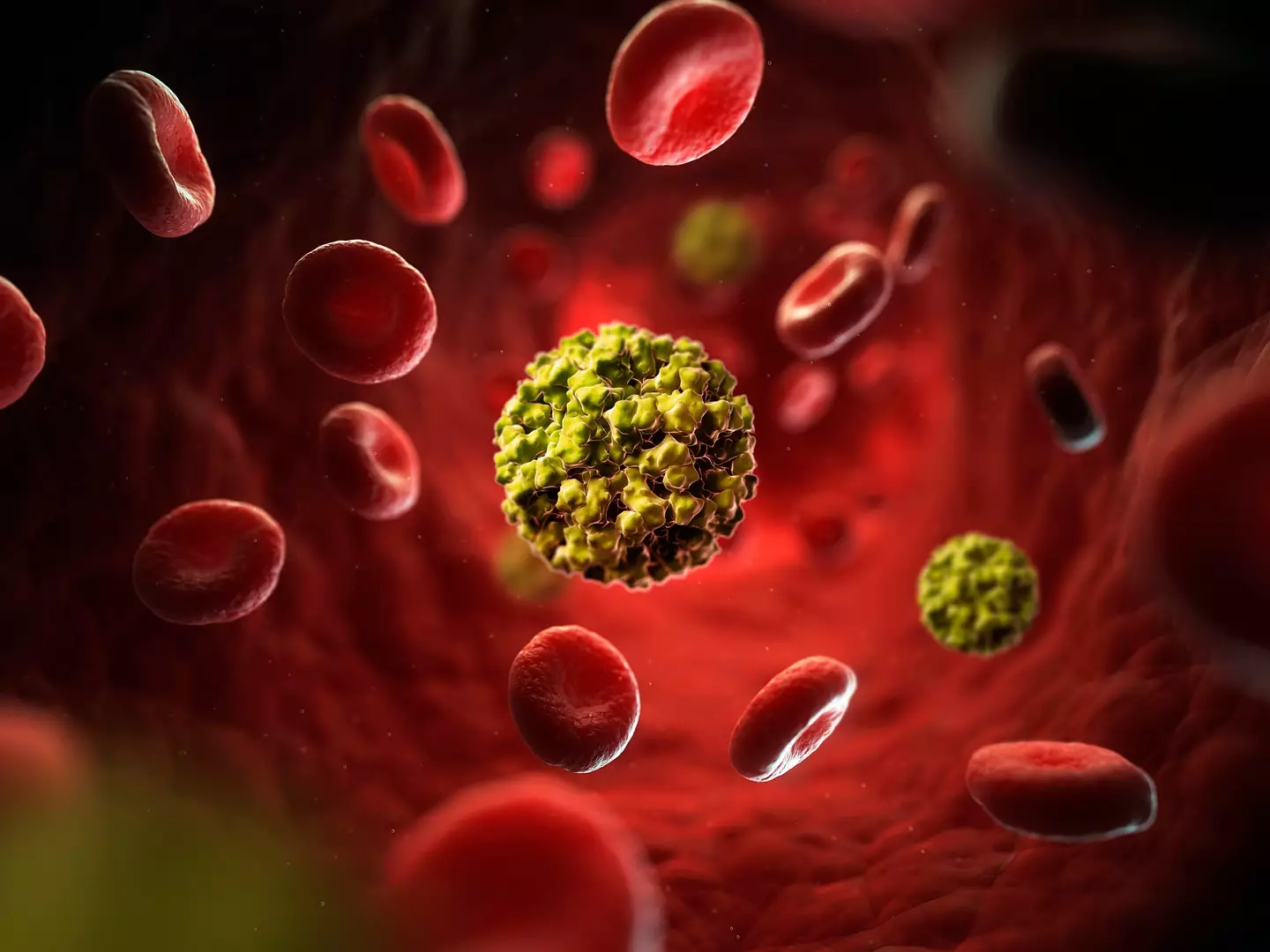
If you've had a run-in with Norovirus this winter season, then we feel for you.
Over the last few months, the UK Health Security Agency has issued warnings after a surge in cases of the highly contagious bug.
.jpg)
Norovirus, which has also been nicknamed the 'winter vomiting bug', is a virus that mainly causes vomiting and diarrhoea.
Advert
Sufferers may also have a fever, a headache and muscle aches, too.
If you've had it, you'll know it's pretty unpleasant, but it does often clear within a few days.
However, it is known for being super contagious and is usually spread via close contact or on surfaces. It's also pretty immune to hand gel, which is why washing hands is the best option if you want to avoid it.
.jpg)
If you haven't had the bug, however, it might be down to more than just good hygiene.
Advert
Ever wondered why some people tend to get it while others don't? Or, why some people come down with it much worse?
According to Professor Patricia Foster from Indiana University Bloomington, people with a certain blood type could be more resistant to the bug.
Turns out, those with B blood type could have less chance of catching Norovirus, than those with A, AB or O.
"When Norovirus is ingested, it initially infects the cells that line the small intestine. Researchers don’t know exactly how this infection then causes the symptoms of the disease," writes Professor Foster.
"But a fascinating aspect of Norovirus is that, after exposure, blood type determines, in a large part, whether a person gets sick.
Advert
"Your blood type - A, B, AB, or O - is dictated by genes that determine which kinds of molecules, called oligosaccharides, are found on the surface of your red blood cells. Oligosaccharides are made from different types of sugars linked together in complex ways.
"... Norovirus and a few other viruses use these oligosaccharides to grab onto and infect the intestinal cells. It’s the specific structure of these oligosaccharides that determines whether a given strain of virus can attach and invade.
"... People with B blood type will tend to be resistant, whereas people with A, AB, or O blood types will tend get sick, but the pattern will depend on the specific strain of Norovirus."

So, if your blood type is either A, AB or O, you could be less resistant to the bug.
Advert
Norovirus can usually be treated at home and tends to resolve after a couple of days.
The NHS heavily encourages getting plenty of rest and to make sure you have lots of fluids to avoid becoming dehydrated.
It's also recommended to stay at home until you have not been sick or had diarrhoea for at least two days as this is when you’re most infectious.
